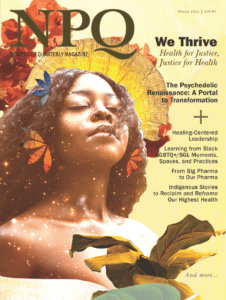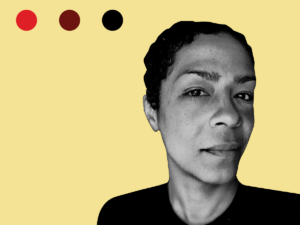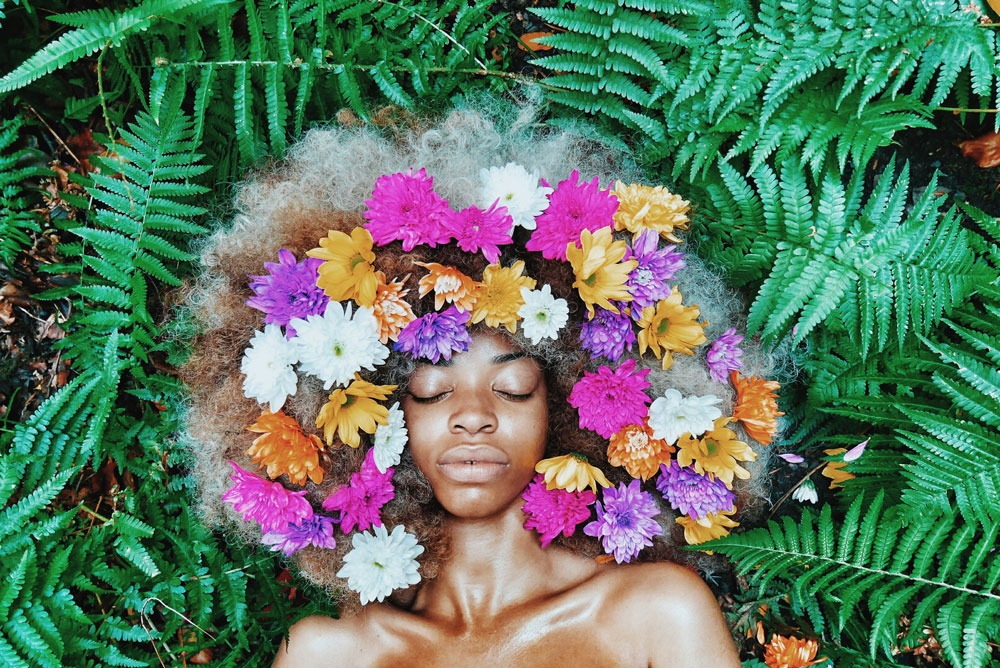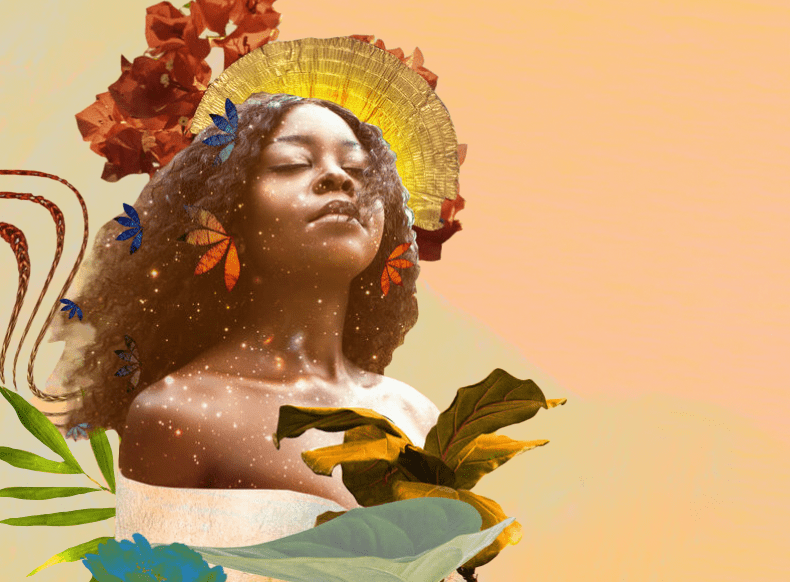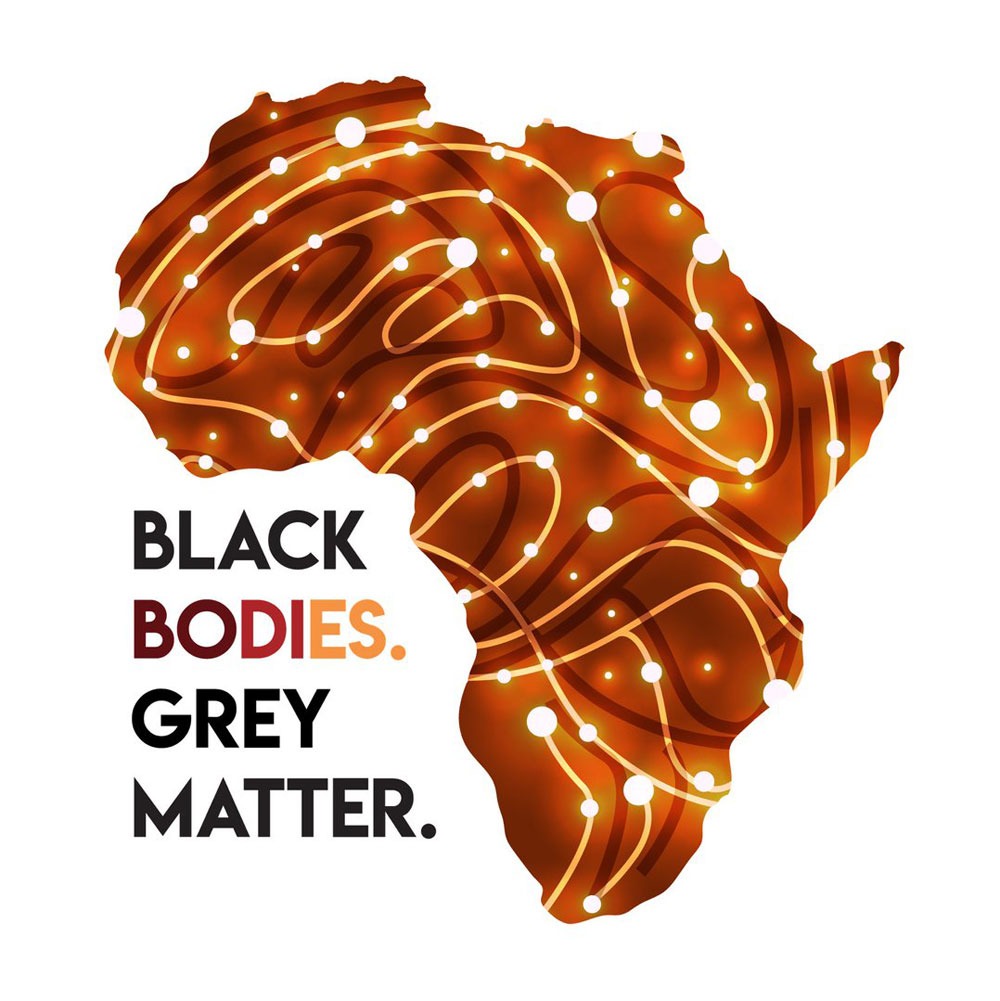
August 9, 2019; Quartz Africa
The artists are coming.
That is the theme of 2019 so far. From Puerto Rico to New York to Hawaii, even just in the last month, we have seen artists recognize and claim their cultural power and wield it against injustice.
Cyndi Suarez wrote a few weeks ago, “Discourses for a more equitable future are coming not from leaders in these systems, but from artists [meaning discourse] as ways of constituting knowledge.”
And who constitutes knowledge but storytellers? This week, we heard from James Murua at Quartz Africa that African literary festivals are on the rise, growing in number and popularity and as sites for the formation of independent cultural identities.
Murua writes that the new festivals aren’t just for publishers and agents to tout their wares. They’re community events that celebrate stories and invite the public in to collectively build cohesion through storytelling. Many are run by nonprofits.
Sign up for our free newsletters
Subscribe to NPQ's newsletters to have our top stories delivered directly to your inbox.
By signing up, you agree to our privacy policy and terms of use, and to receive messages from NPQ and our partners.
He quotes Siphindile Hlongwa of the Centre For Creative Arts at the University of Kwazulu, Natal in South Africa: “There has been a growth in the love of our authentic narratives from Africa, and a hunger for spaces to listen and support African voices and the importance of archiving, publishing, and reading.”
One of colonialism’s many damaging legacies was the imposition of European literatures over the stories told in nearly 2,000 native languages. Wole Soyinka and Chinua Achebe wrote stories that helped define Africa to the US but wrote in English; the négritude movement of Black self-affirmation was largely promulgated in French. Institutions from publishers to school systems have struggled with the tension between European languages—which are the most widely spoken in some places—and native languages, which are less common across borders, but which are critical markers of identity.
Many writers and book enthusiasts have seen the central role that literature plays in cultural shifts and leaned in to festivals as the venue to expand that role. The Book Buzz Foundation runs the Aké Book Festival to “promote, develop and celebrate creativity on the African continent.” Siyafunda SA, a South African-based charity, and Dr. Zaheera Jina run Jozi’s Books and Blogs Festival (#JozisBBF), which is deliberately affordable and held where low-income residents of Gauteng can reach it. This year, the Jakarta International Literary Festival’s curator said that “literary scenes within Asia and Africa should have had a much closer relationship than they have today.” All these festivals are less than ten years old. Murua’s website lists over 30 being held just this year.
Lola Shoneyin, a Nigerian author and founder of the Aké festival, held in Lagos, says, “Festivals bring creatives closer to those who consume their work so it’s usually quite a joyous rendezvous. But beyond that, there is a palpable sense of community with which people create these safe spaces. I have felt it in Lagos, in Soweto, in Gaborone and most recently in Kigali.”
NPQ has covered other literary efforts claiming space in the fight for identity formation and social justice. The PEN America festival explicitly struggles for the right to free expression; translation collectives are forming to bring community work principles to cultural preservation.
When faith in political systems shakes, it seems, the role of the arts and creative communities becomes ever more important. (In fact, even in the US, the “disillusioned youth” read more books than their older relatives, according to the Pew Research Center.) Shoneyin called creatives the “last bastion of truth and hope.”—Erin Rubin





